
API Keys vs OAuth Tokens: Understanding Crypto API Authentication
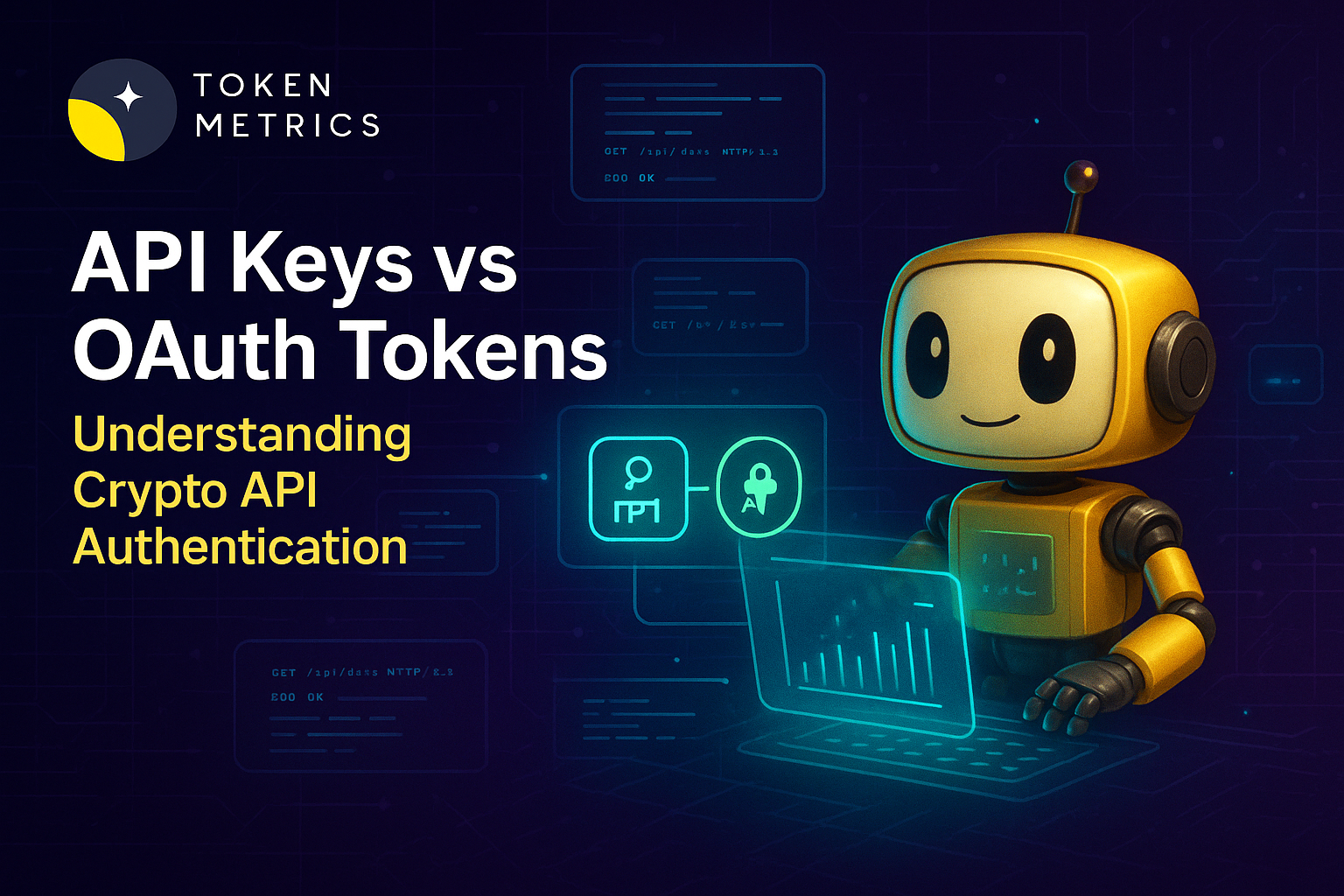
In the fast-moving world of crypto and AI-driven apps, secure data access is fundamental. Whether you’re coding a trading bot, building a market viewer, or integrating real-time blockchain analytics, you’ve likely encountered terms like “API key” and “OAuth token.” But what do they mean, and why does the distinction matter for crypto development?
What Are APIs and Why Are They Essential in Crypto?
APIs—Application Programming Interfaces—are the foundational links that allow different systems to communicate. In the context of blockchain and crypto, APIs power everything from price trackers and on-chain analytics to decentralized applications (dApps) and automated trading bots.
- APIs enable access to market data, historical price feeds, and blockchain transactions.
- Developers use APIs to connect their applications with exchanges, wallets, or AI analytics services.
- APIs can be public (open data sets) or private (requiring authentication).
As crypto applications become more sophisticated and user privacy matters more, how you grant and manage access to these APIs becomes crucial. This is where authentication types—primarily API keys and OAuth tokens—come into play.
How Do API Keys Work? Simplicity and Limitations
API keys are unique identifiers, typically long strings of random characters, issued to developers by a service provider. Here’s what you need to know about API keys:
- Usage: You include your API key in requests to the server, which checks if the key is valid and grants access.
- Granularity: API keys often grant broad access to all of a user’s permitted endpoints, though some providers offer more granular permissions.
- Security: While easy to implement, API keys are susceptible to leaks if embedded in code repositories or transmitted insecurely. They are usually long-lived unless manually revoked or rotated.
- Control: Limited compared to modern methods—API keys can’t enforce strong user-by-user control or granular data-scoping as easily.
In crypto, API keys are commonly used for accessing market data feeds, price indexes, trading signals, and even submitting trades on some exchanges or data aggregators.
OAuth Tokens Explained: Scalable and Delegated Access
OAuth (Open Authorization) is a more advanced and flexible framework for secure delegated access. Instead of using static secrets, OAuth introduces a dynamic and user-consent-based way to grant apps access to account data, often via access tokens.
- Usage: Users are redirected to an authorization page to approve specific app permissions. Once approved, the app receives an OAuth access token to use in requests.
- Security: OAuth tokens are usually short-lived and can be easily revoked, making them less risky if leaked.
- Delegation: Tokens can be scoped for specific permissions (like “read profile” or “view balances”) and to particular resources.
- User Experience: OAuth allows users to manage app permissions easily without sharing passwords, supporting privacy and compliance.
Many major exchanges, wallets, and analytics providers in crypto are adopting OAuth to meet stricter security standards, especially when apps act on behalf of users or need direct account access.
Key Differences Between API Keys and OAuth Tokens in Crypto APIs
- Authentication vs Authorization: API keys validate the app, OAuth covers both identity and specific data permissions.
- Security & Revocability: OAuth tokens are more secure, short-lived, and easily revoked; API keys tend to persist longer and are at risk if leaked.
- Granularity: OAuth provides fine-grained access control; API keys are typically all-or-nothing unless the provider adds special configuration options.
- User Involvement: API keys require developer handling only; OAuth involves end users explicitly granting permissions to apps.
- Use Case Fit: API keys work well for server-to-server or public data; OAuth is preferable for user-linked actions and sensitive data.
This difference impacts app architecture, user privacy, security compliance, and your ability to scale access securely—especially important in crowded crypto app ecosystems.
Choosing the Right Authentication for Your Crypto Project
Selecting API keys or OAuth depends on your use case:
- If your app only fetches public or your own account’s data (e.g., price feeds, market summaries), API keys offer simple integration.
- If your app needs to access individual users’ data, allow user account linking, or handle sensitive transactions, OAuth brings superior security and privacy controls.
As regulatory scrutiny grows and user expectations for privacy rise, OAuth is becoming standard for apps handling personal data or sensitive permissions. Still, API keys remain a valid option for public information and backend server communication.
Build Smarter Crypto Apps & AI Agents with Token Metrics
Token Metrics provides real-time prices, trading signals, and on-chain insights all from one powerful API. Grab a Free API Key
FAQ: Common Questions About API Keys and OAuth Tokens
Are API keys safe for production crypto apps?
API keys can be safe if handled correctly—kept secret, rotated frequently, never exposed in code, and used only over HTTPS. However, for sensitive actions, consider using OAuth or other advanced authentication.
Should I always use OAuth instead of API keys?
No. OAuth is ideal when you need user-level permissions or deal with personal data. For server-to-server communication or public endpoints, API keys are often sufficient and simpler to implement.
Can an API use both API keys and OAuth tokens?
Yes, many crypto API providers support multiple authentication methods—API keys for simple or backend tasks, OAuth for user-driven features. Choose per your app’s needs.
What are the risks of exposing API keys in crypto?
Exposing API keys in public repos, front-end code, or unsecured environments can let attackers steal data, perform unauthorized actions, or rack up service charges. Rotate keys at signs of compromise.
Does Token Metrics offer API keys or OAuth tokens?
Token Metrics provides robust API key-based access to its crypto data, trading signals, and analytics—perfect for developers seeking immediate integration and reliable security.
Disclaimer
This article is for educational purposes only and does not provide investment advice, financial recommendations, or legal guidance. Crypto and API integrations involve technical and security risks—always do your own research and consult accredited professionals as appropriate.

.svg)

Create Your Free Token Metrics Account

.png)




%201.svg)
%201.svg)


%201.svg)



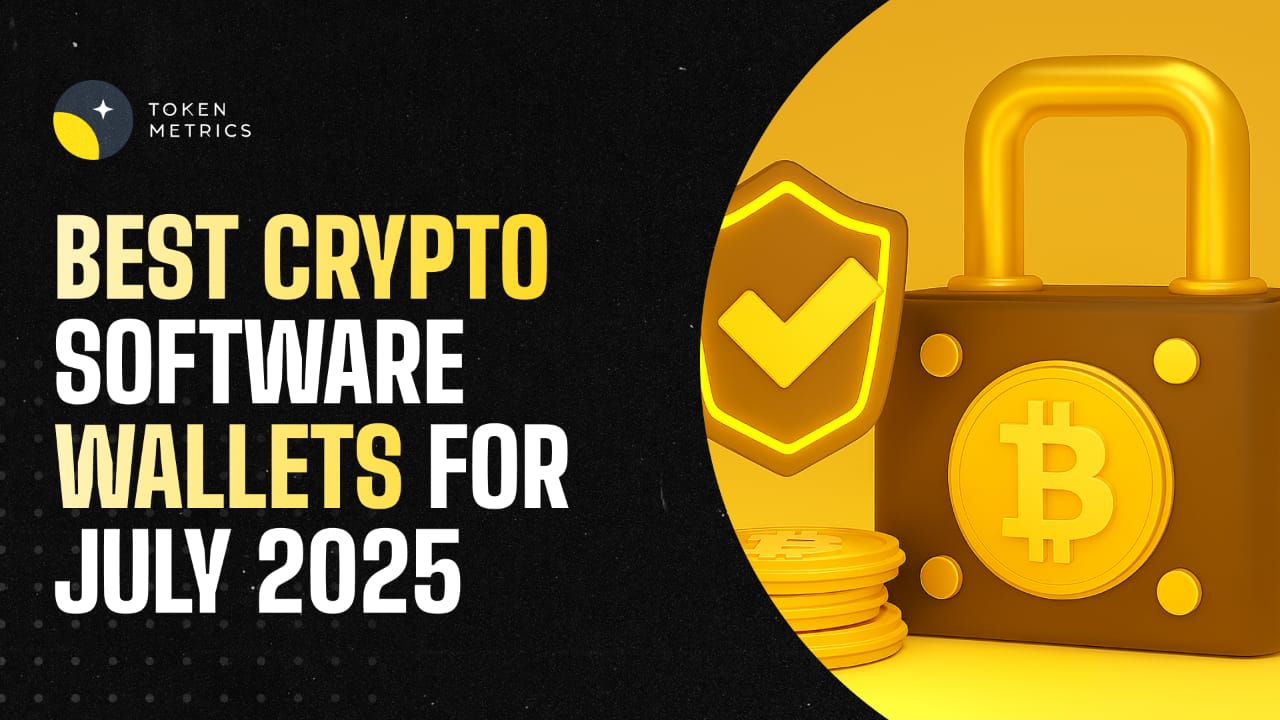



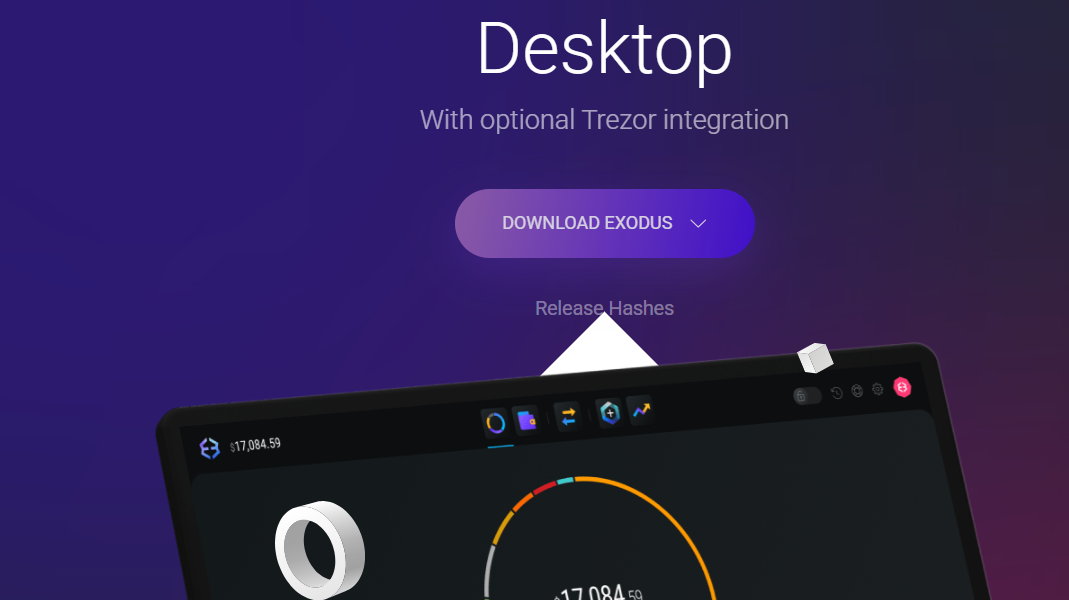



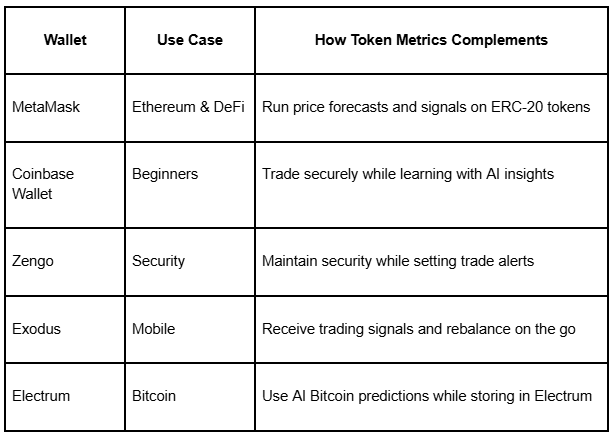
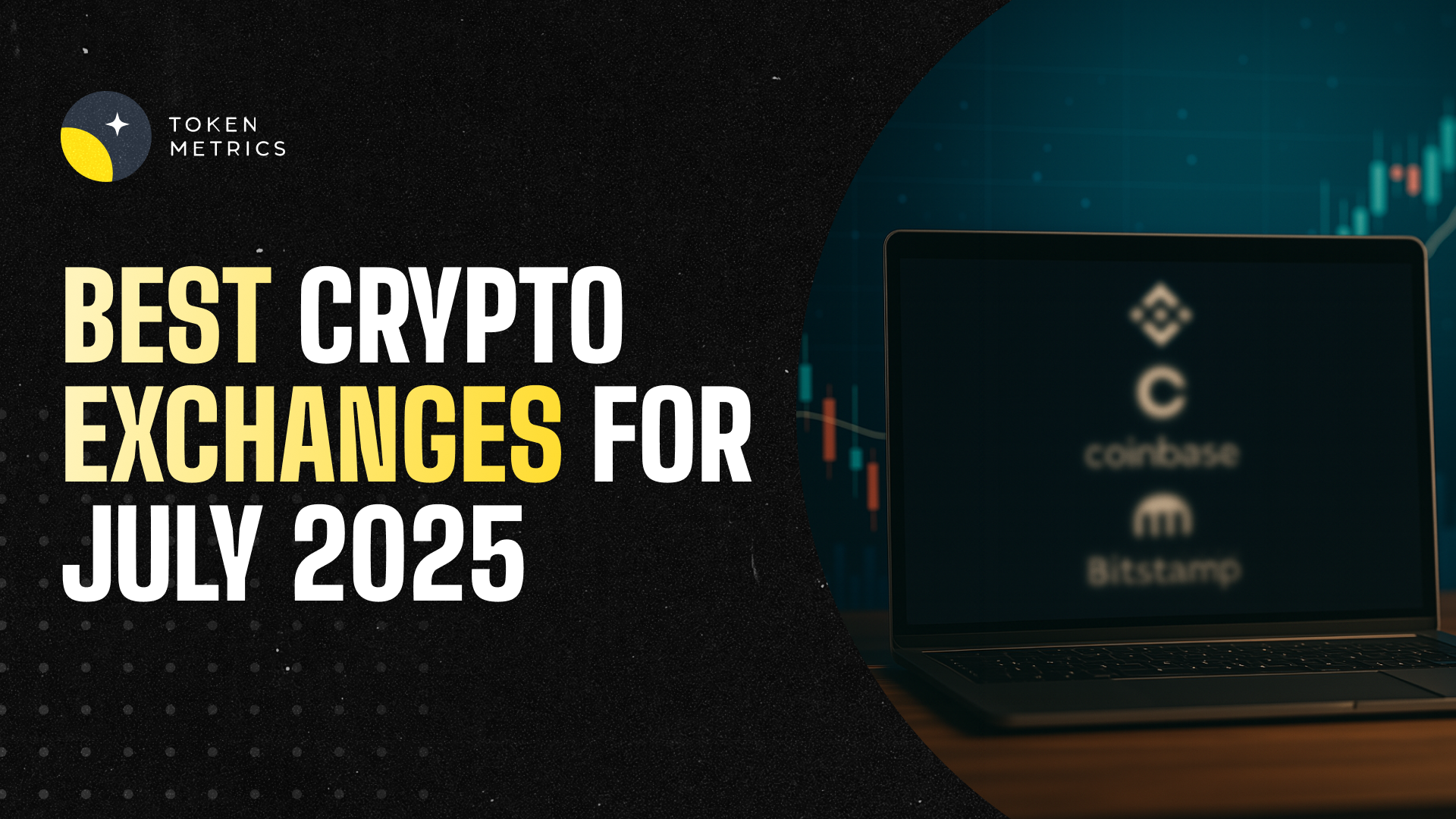
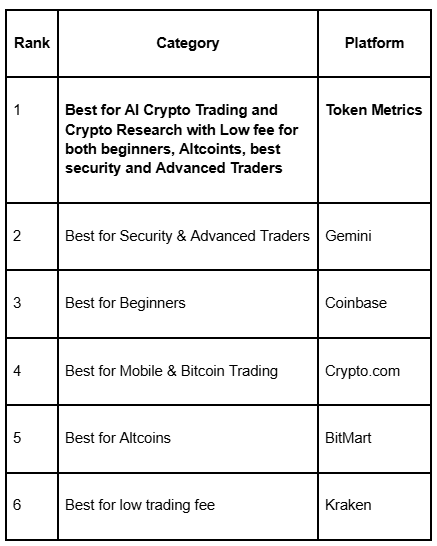





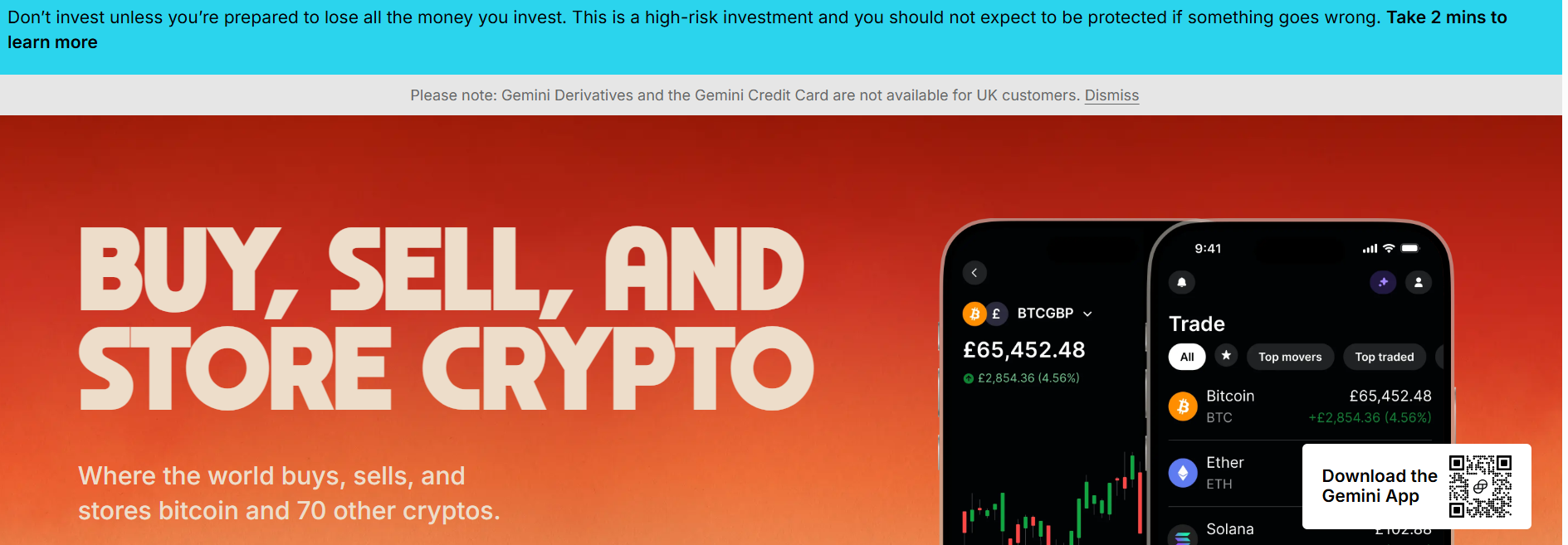
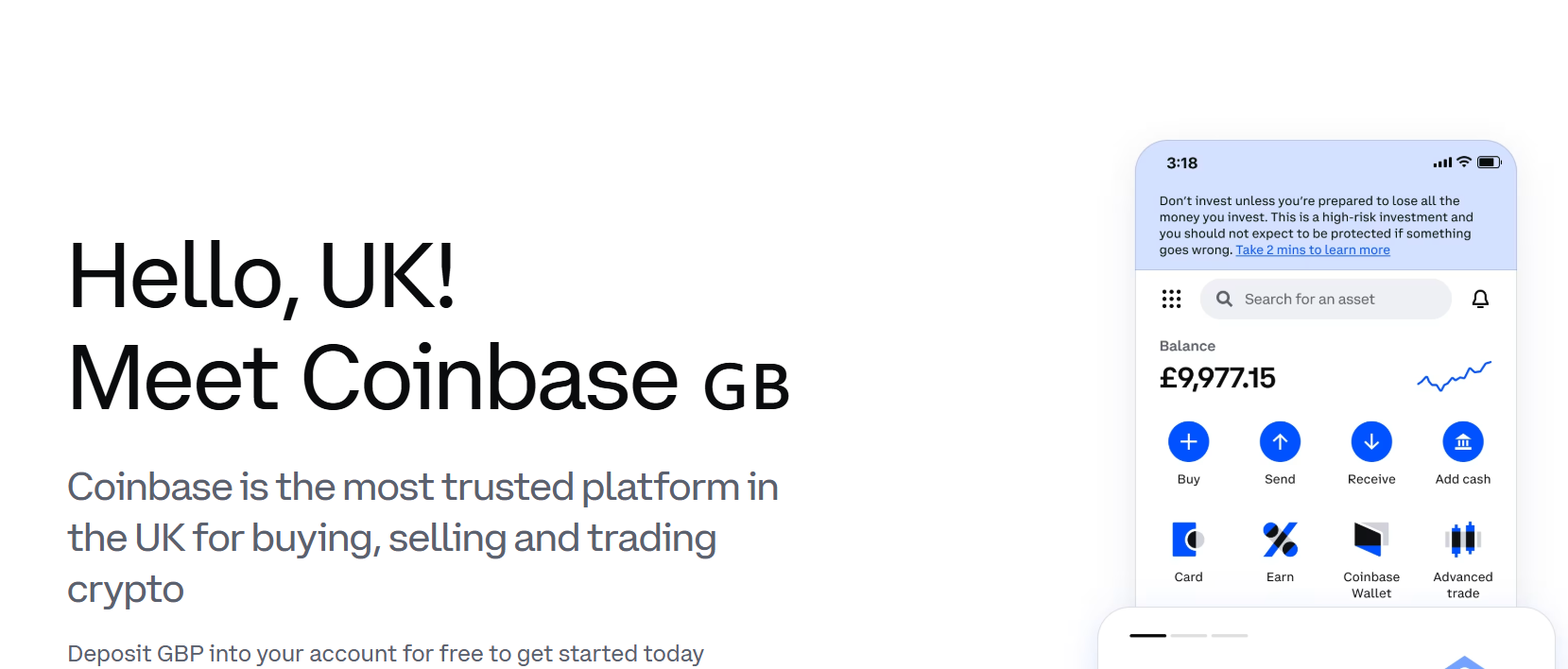
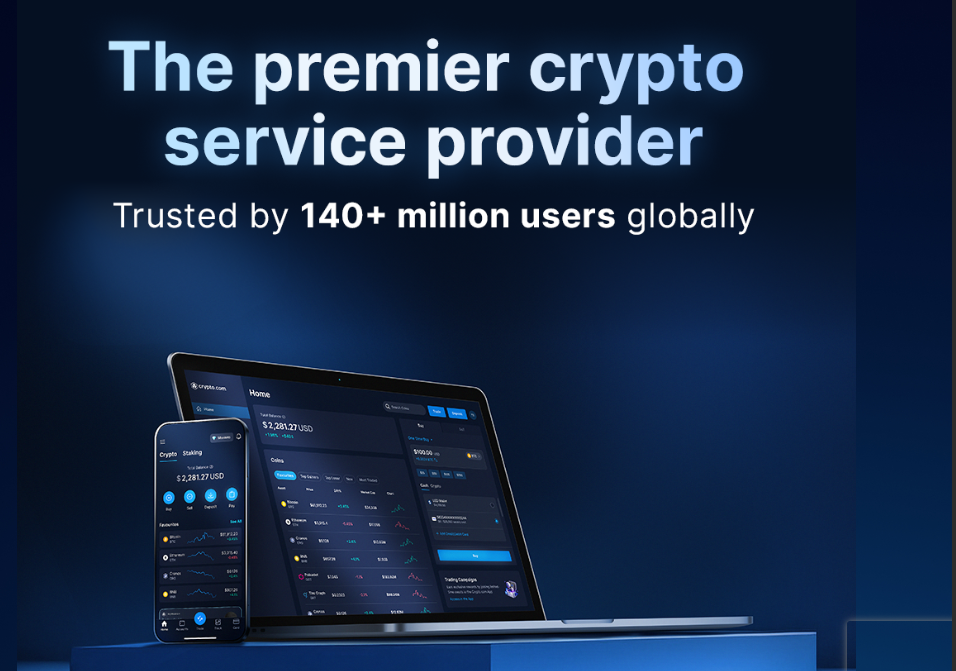
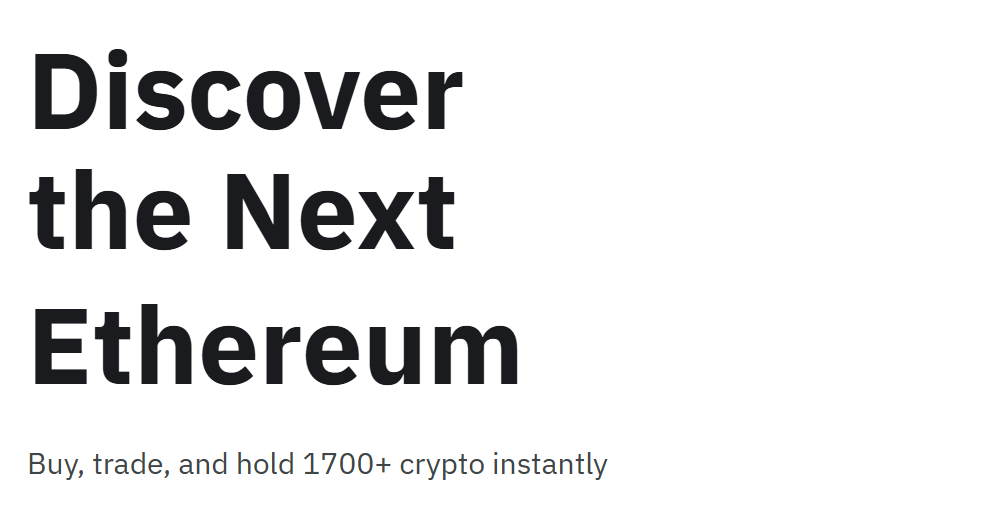
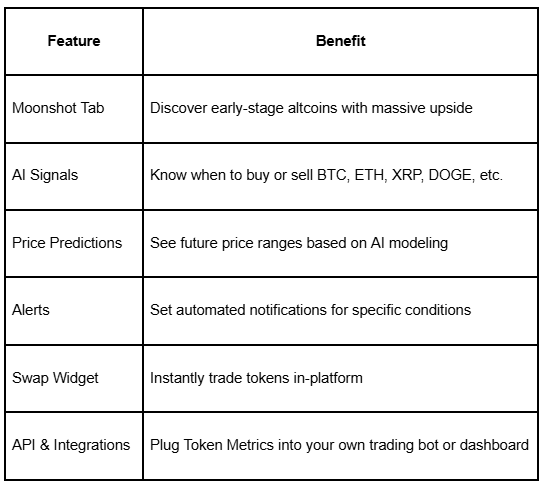
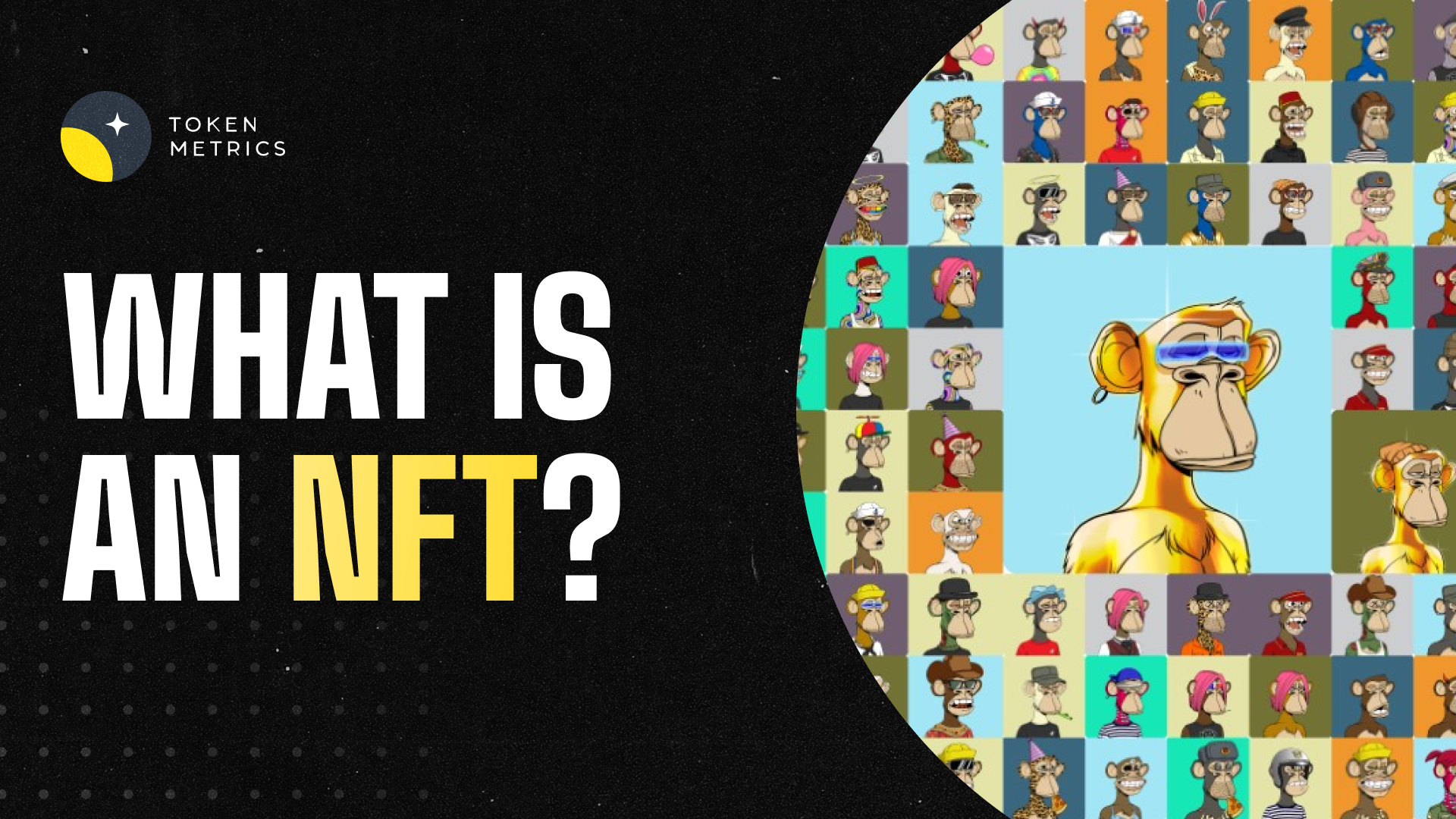

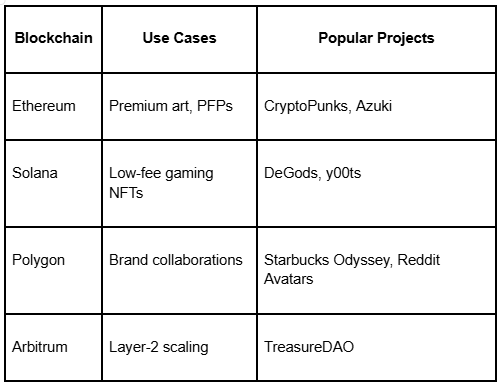



.svg)




.png)